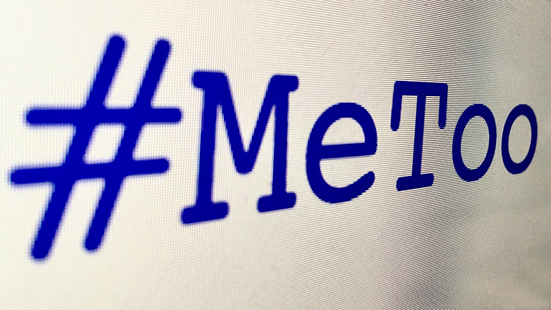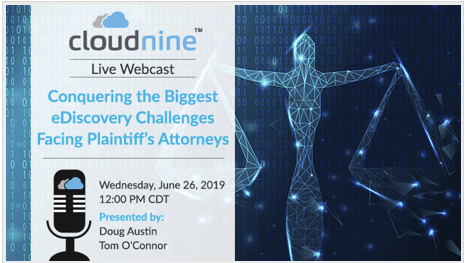#metoo and the Increasing Investigation Emphasis on eDiscovery: eDiscovery Trends
#metoo and the Increasing Investigation Emphasis on eDiscovery: eDiscovery Trends https://cloudnine.com/wp-content/uploads/2019/06/Metoo.png 551 310 CloudNine https://cloudnine.com/wp-content/uploads/2019/06/Metoo.pngIn our April webcast (Discovery Isn’t Just for Litigation Anymore), conducted by Tom O’Connor and me, we discussed a number of factors that are increasing the need for eDiscovery software and services, including compliance considerations with the General Data Protection Regulation (GDPR) and the California Consumer Privacy Act (CCPA). The need for eDiscovery in internal investigations is on the rise as well and one of the most significant factors is workplace harassment and #metoo, which we also discussed in that webcast. Here’s another indication of the growth of that factor.
read more








